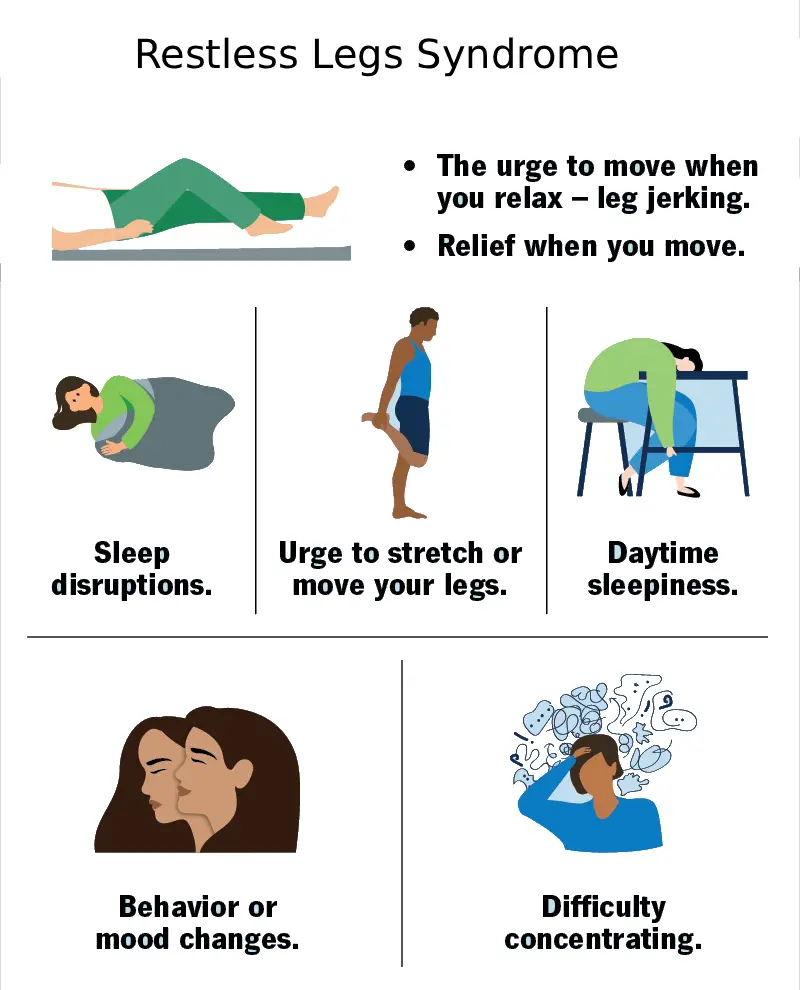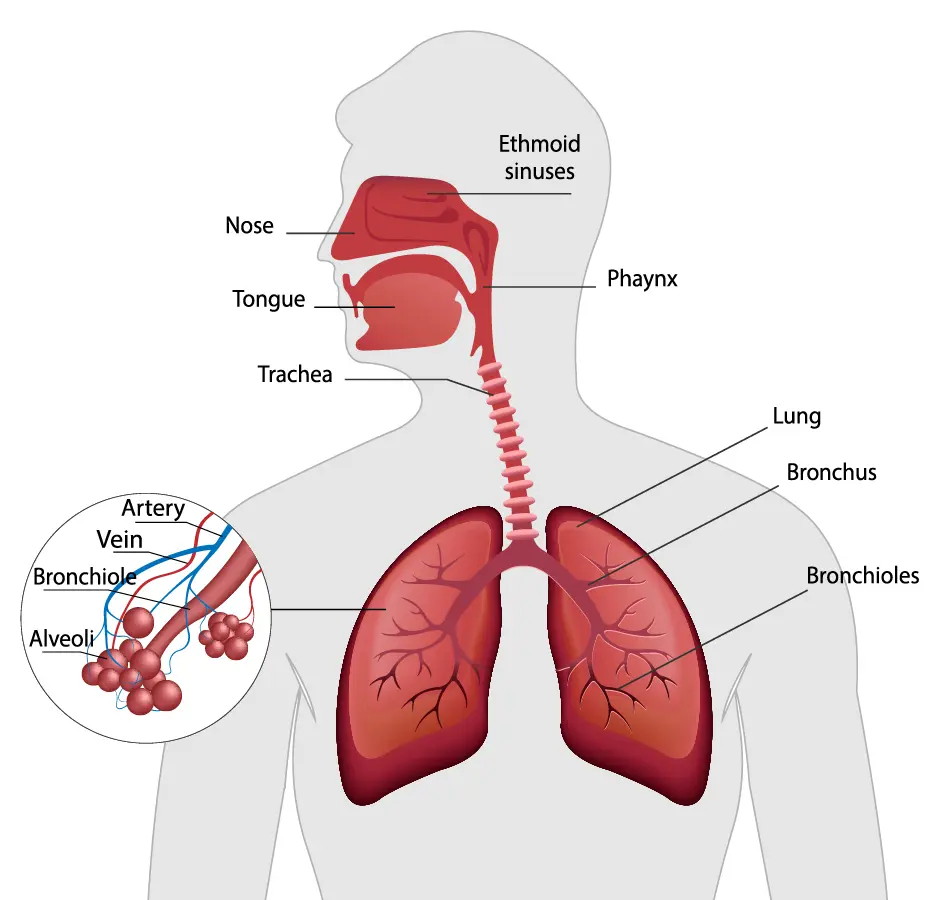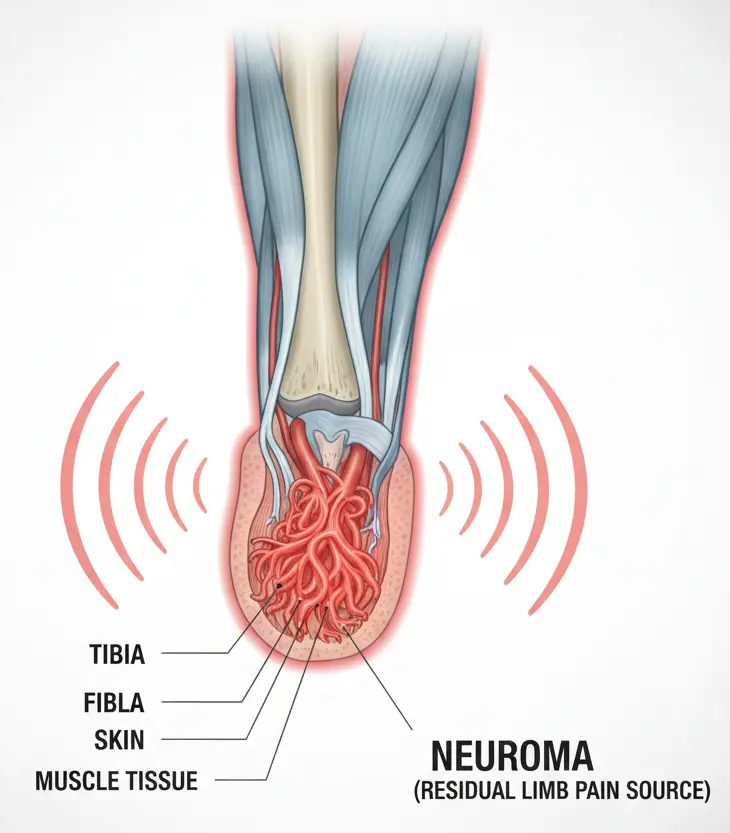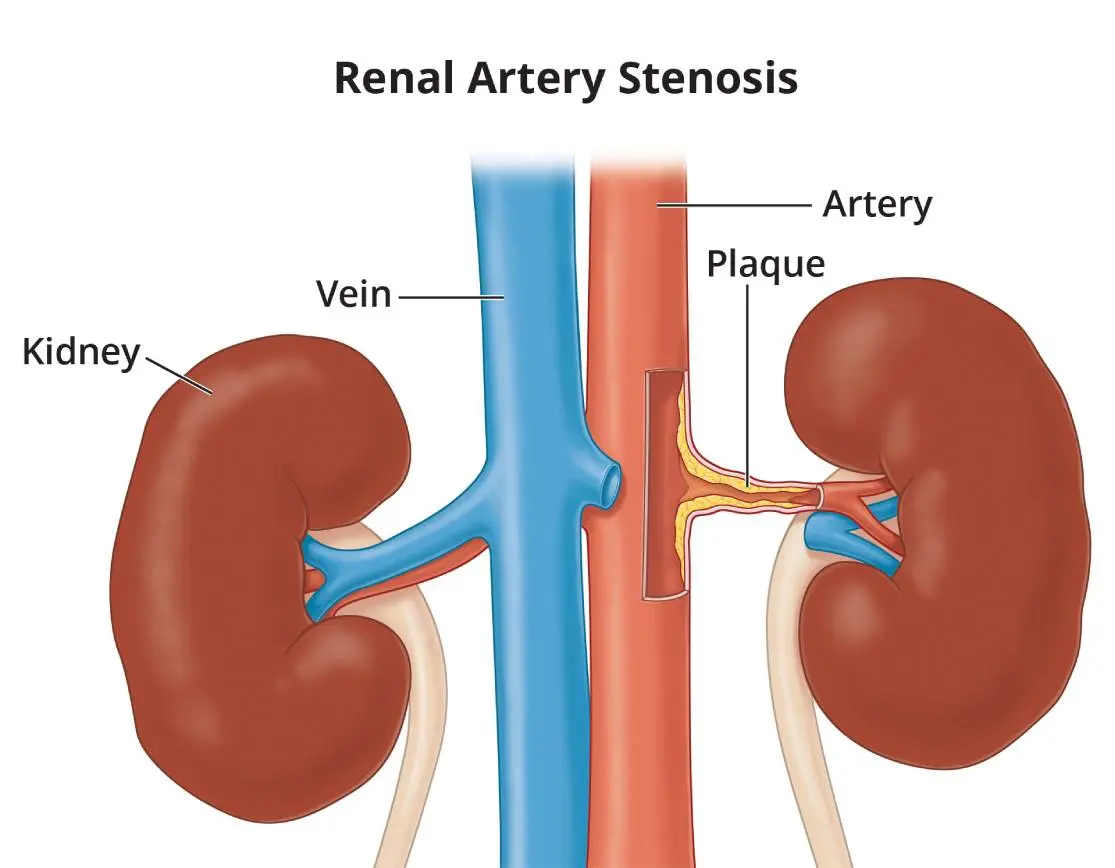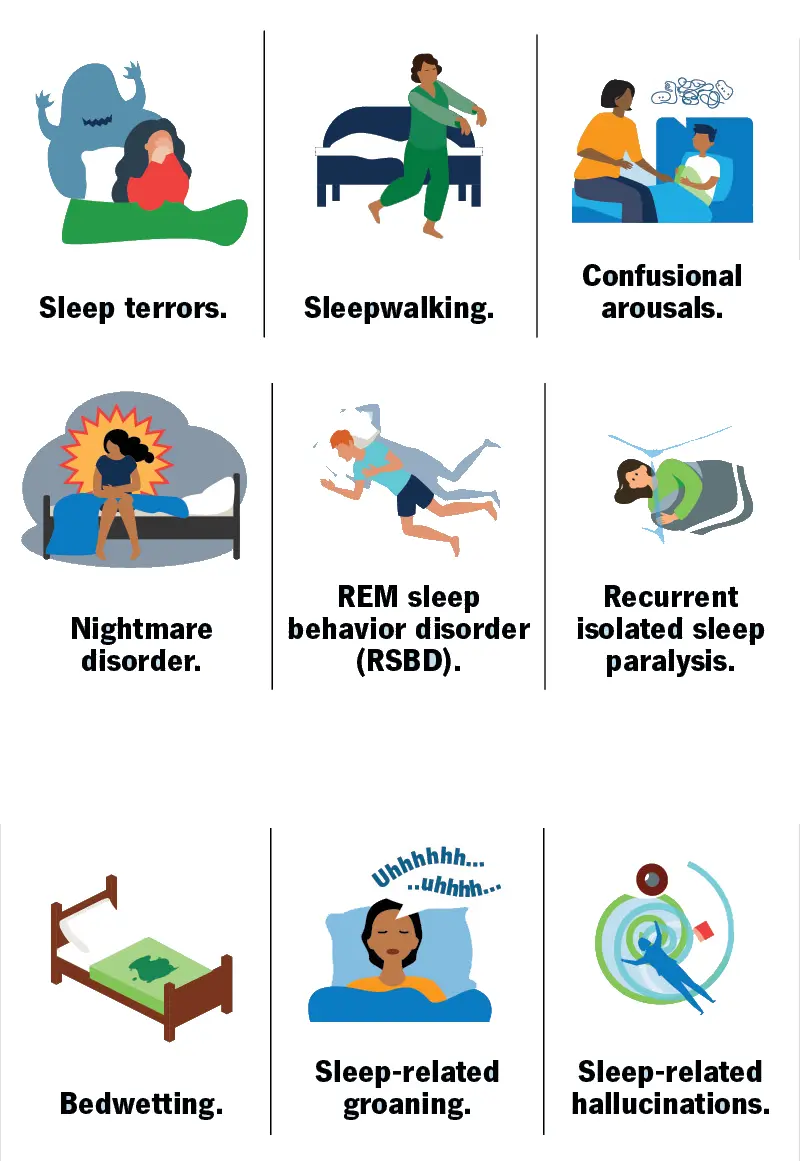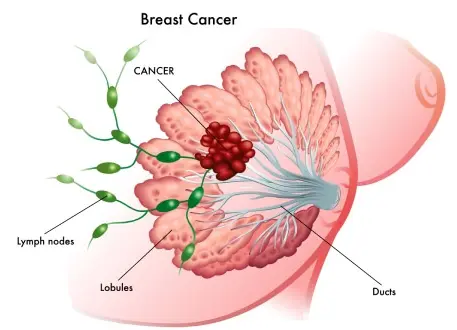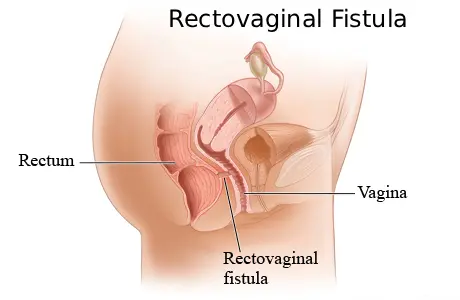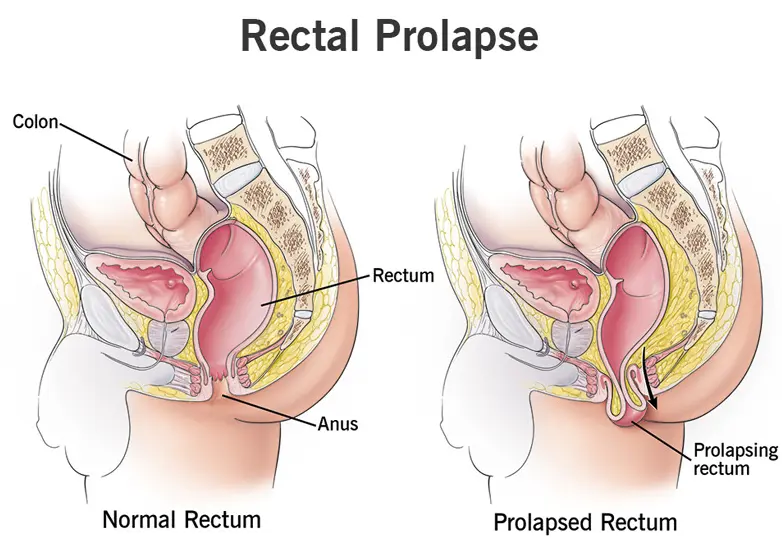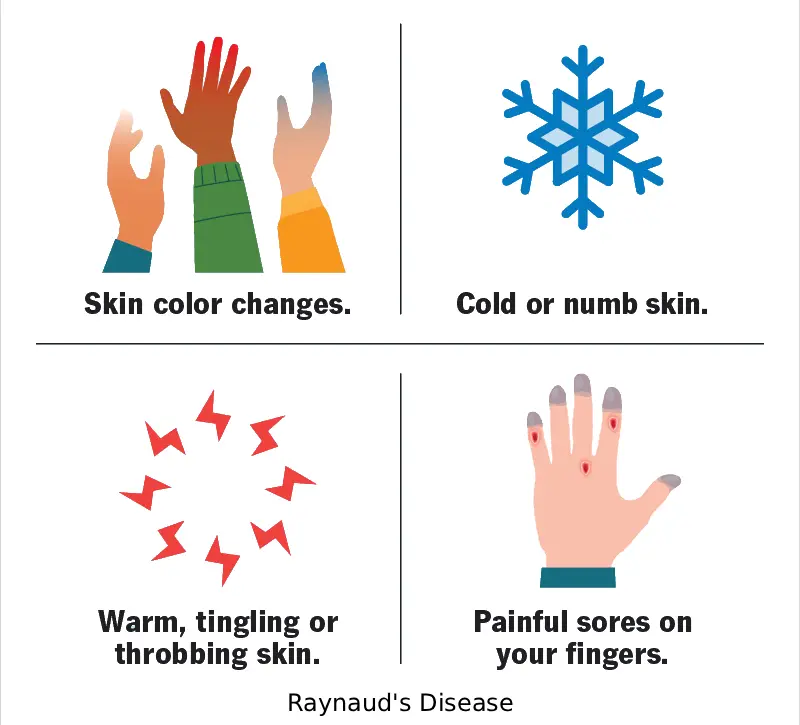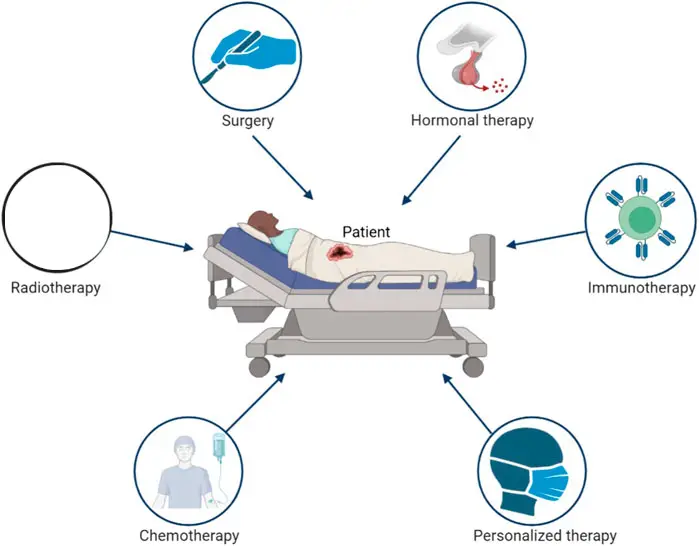Restless legs syndrome (RLS) is a neurological disorder characterized by an uncontrollable urge to move the legs, usually accompanied by uncomfortable sensations such as tingling, crawling, or itching. Symptoms often worsen during periods of rest or inactivity, particularly in the evening or at night, and may interfere with sleep. RLS can affect people of all ages but is more common …
Respiratory Syncytial Virus (RSV)
Respiratory syncytial virus (RSV) is a common viral infection that primarily affects the respiratory tract, particularly in infants, young children, and older adults. It is a leading cause of bronchiolitis and pneumonia in children under two years old. RSV spreads easily through respiratory droplets and direct contact, and infections can range from mild cold-like symptoms to severe respiratory illness requiring …
Residual Limb Pain
Residual limb pain is discomfort or pain felt in the remaining part of a limb after amputation. It differs from phantom limb pain, which is pain perceived in the part of the limb that is no longer present. Residual limb pain can interfere with healing, prosthetic use, and overall quality of life. The pain may be temporary during the healing …
Renal Artery Stenosis
Renal artery stenosis is a condition in which one or both renal arteries become narrowed, reducing blood flow to the kidneys. This decreased blood supply can impair kidney function and lead to secondary high blood pressure. Renal artery stenosis is most commonly caused by atherosclerosis, particularly in older adults, but it can also result from fibromuscular dysplasia in younger individuals. …
REM Sleep Behavior Disorder
REM sleep behavior disorder is a sleep-related condition in which the normal muscle paralysis that occurs during rapid eye movement sleep is absent or incomplete. As a result, individuals physically act out their dreams, which are often vivid and intense. These behaviors can include talking, shouting, punching, kicking, or jumping from bed. REM sleep behavior disorder most commonly affects older …
Recurrent Breast Cancer
Recurrent breast cancer refers to the return of breast cancer after initial treatment and a period during which the cancer was undetectable. Recurrence can occur in the same breast or chest wall, in nearby lymph nodes, or in distant organs such as bones, lungs, liver, or brain. The risk and pattern of recurrence depend on the original cancer type, stage, …
Rectovaginal Fistula
Rectovaginal fistula is an abnormal connection between the rectum and the vagina that allows stool or gas to pass through the vaginal canal. This condition can cause significant physical discomfort and emotional distress. Rectovaginal fistulas most commonly develop as a result of childbirth injuries, pelvic surgery, or inflammatory diseases, and they require medical evaluation for proper management. Rectovaginal Fistula Symptoms …
Rectal Prolapse
Rectal prolapse is a condition in which part or all of the rectum protrudes through the anal opening. It occurs when the rectum loses its normal attachments inside the body, allowing it to slip downward. Rectal prolapse can affect children, adults, and older individuals, with higher prevalence in elderly adults. The condition may range from mild and intermittent to severe …
Raynaud’s Disease
Raynaud’s disease is a condition that affects blood flow to certain parts of the body, most commonly the fingers and toes. It is characterized by episodes of reduced blood circulation in response to cold temperatures or emotional stress. These episodes cause the affected areas to change color, typically turning white or blue before becoming red as blood flow returns. Raynaud’s …
Radiation Enteritis
Radiation enteritis is an inflammatory condition of the intestines that occurs as a result of radiation therapy to the abdomen, pelvis, or lower spine, most commonly during cancer treatment. The small intestine is particularly sensitive to radiation damage due to its rapidly dividing cells. Radiation enteritis may develop during treatment or months to years after therapy and can be classified …
